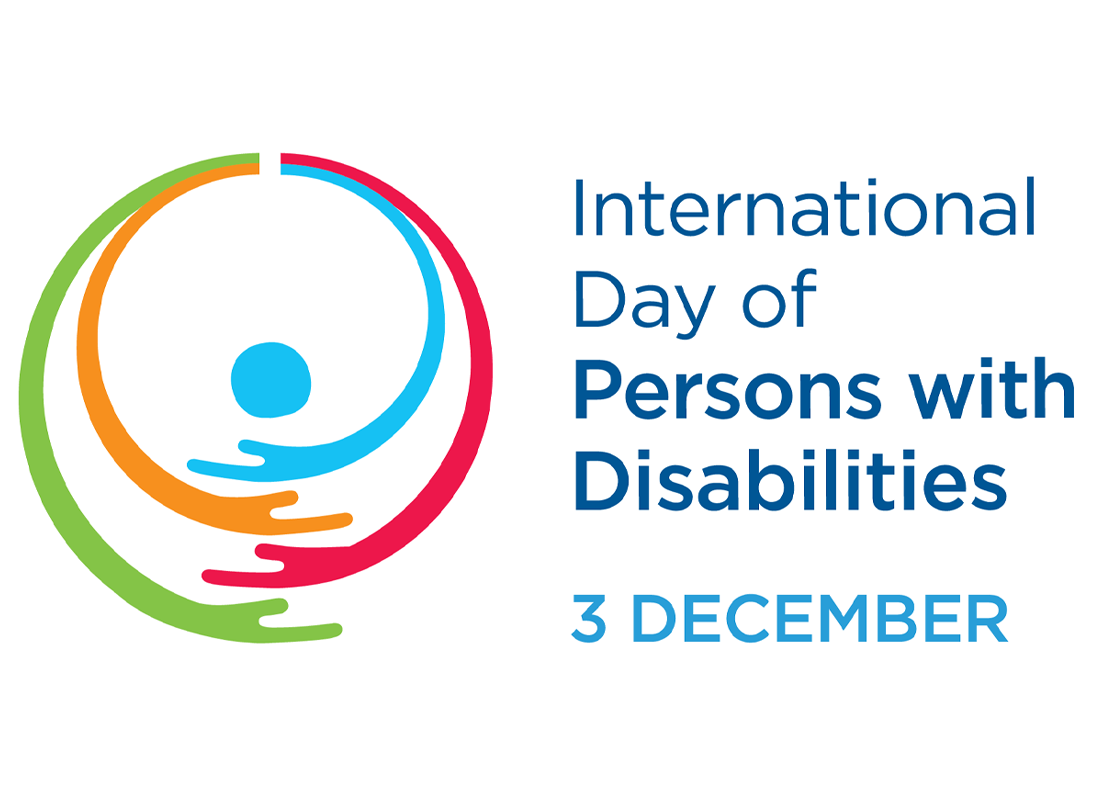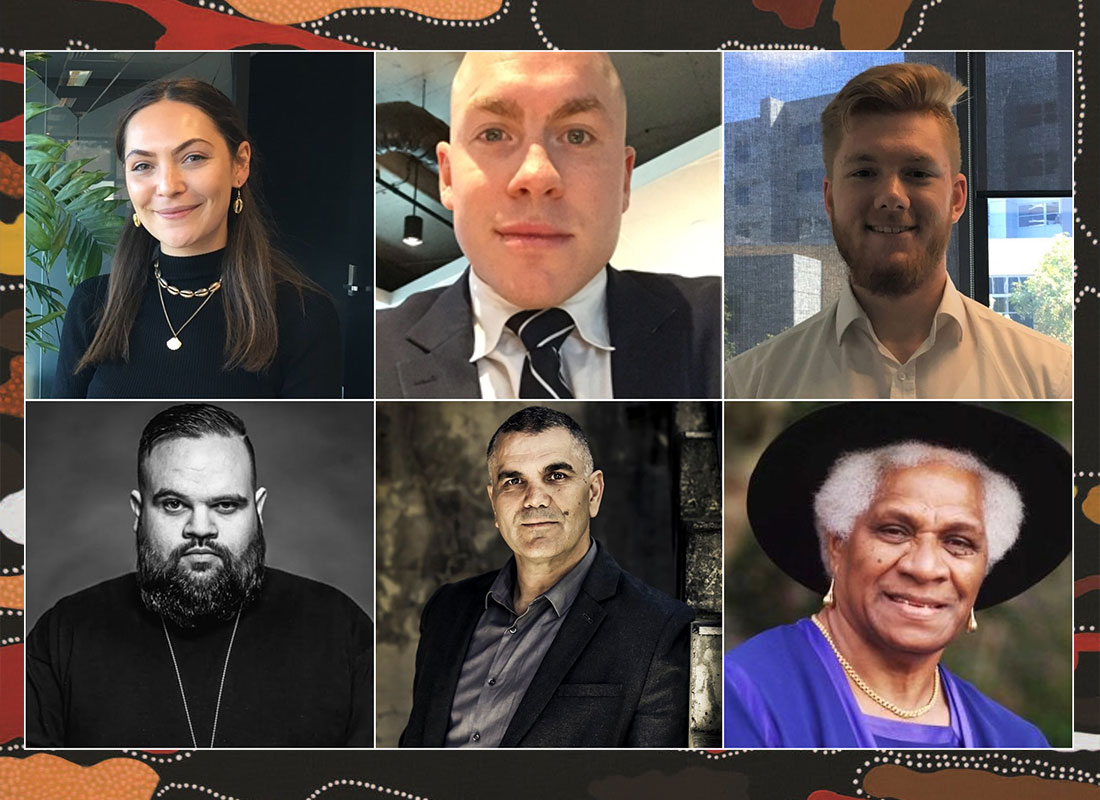
NAIDOC week is an annual celebration which invites all Australians to celebrate the history, culture and achievements of First Nations people. This year, the theme is “Always Was Always Will Be”, recognising that First Nations people have occupied and cared for this continent for over 65,000 years.
As part of Fujitsu’s NAIDOC 2020 celebrations this year, we will be acknowledging the history and achievements of First Nations people by sharing profiles, written by our Indigenous interns, on some of the First Nations people who have inspired them. Read on for some inspirational stories.
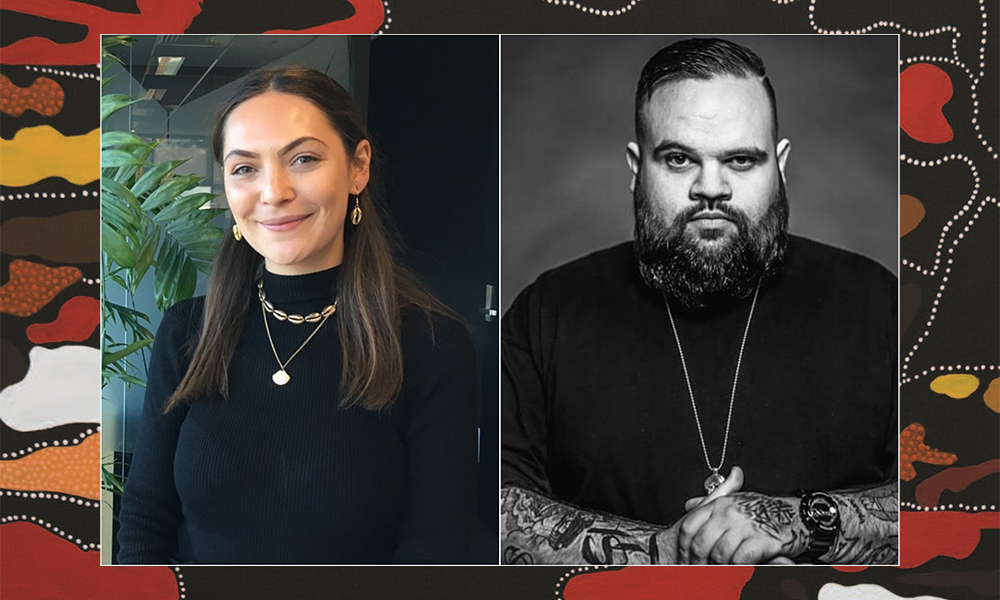
Author: Peta-Anne Toohey (Left)
Inspirational figure: Adam Briggs (right)
Adam Briggs, known by his stage name ‘Briggs’ is an Indigenous rapper, lyricist, presenter and actor. Hailing from the small town of Shepparton, Briggs is a Yorta Yorta man who has dedicated his career to giving a voice to Indigenous people through his music and TV presence.
Briggs is a prodigy of rap who began his career as solo artist and later became a co-founder for his group A.B Original. Briggs has dominated the Australian hip-hop landscape by using his voice to challenge social issues, racism and politics that affect the everyday lives of Indigenous people.
Briggs is the founder of Bad Apples Music which is a record label devoted to nurturing Aboriginal and Torres Strait Islander artists. In 2016, A.B Original released their first single titled ‘January 26th’ putting the group on the map as unafraid, staunch ambassadors for Indigenous rights.
Since then, Briggs has become one of the most important figures for First Nations people across the world. Briggs is a man of many accolades. He was awarded NAIDOC Artist of the Year in 2018, Songwriter of the Year - 2018 APRA AMCOS Awards and named Agenda Setter of the Year in the 2017 GQ Men of the Year Awards. Most recently, a portrait of Briggs, painted by Scott Marsh, was a finalist piece in the 2020 Archibald Prize.
Extending his career outside the hip-hop scene, Briggs is a co-writer of the series Black Comedy, and Disenchantment, as well as becoming a regular voice on The Weekly with Charlie Pickering.
Briggs stands out amongst his peers as proud, provocative and passionate about being a role model to younger generations. I find Briggs inspiring because he represents the struggle faced by Indigenous people every day. Briggs is not afraid to call out racism and he’s certainly not afraid to speak the truth about the institutionalised discrimination Indigenous people face in Australian society.
Briggs was never invited to sit at the table to discuss Indigenous affairs. So instead, he built his own table and now the Australian public are asking for a seat.
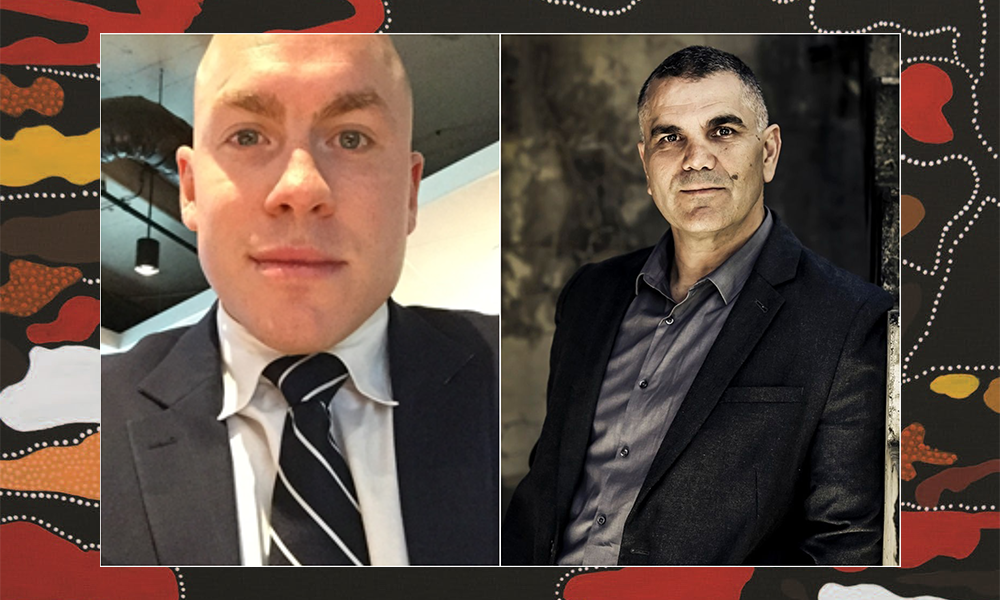
Author: Reece Griffiths (Left)
Inspirational figure: Dr Chris Sarra (right)
Dr Chris Sarra is the Director-General, Department of Aboriginal and Torres Strait Islander Partnerships. He is an internationally recognised Indigenous education specialist and is the founder and Chairman of the Stronger Smarter Institute.
Dr Chris Sarra is a proud Taribelang and Gurang Gurang man. Dr Chris Sarra was raised in Bundaberg, Queensland as the youngest of ten children to parents of Italian and Aboriginal heritage. Moreover, Dr Chris Sarra first-hand encountered the issues faced by Indigenous students throughout their schooling in Australia.
Dr Sarra became the first Aboriginal principal at Cherbourg State School 1998 - 2005, holds a Diploma of Teaching, a Bachelor of Education, a Master of Education, and an Executive Masters in Public Administration from the Australia New Zealand School of Government (ANZSOG).
He also has a PhD in Psychology at Murdoch University, with a thesis on the “Strong and smart – towards a pedagogy for emancipation: education for first peoples”, which was later developed into a book and published in 2011. Dr Sarra is also a Fellow of the Australian Institute of Company Directors (AICD) and an Honorary Fellow of the School of Ethical Leadership at the Melbourne Business School.
In 2006, with the support of the Queensland Government, he established the Indigenous Education Leadership Institute, the forerunner to the Stronger Smarter Institute. Additional accolades include: 2016 NAIDOC Person of the Year, in recognition of his efforts to improve Aboriginal educational outcomes throughout Australia, as well as the Anthony Mundine Award for Courage at the 2017 National Indigenous Human Rights Awards.
Dr Chris Sarra faced immense adversity growing up and has been able to build resilience to subsequently create a legacy that will last a lifetime and will positively influence many Indigenous students.
His passion for Indigenous education is inspiring and motivating, especially for a proud Indigenous person like myself. I truly believe education, in conjunction with good health, is the key to living a successful life. Unfortunately, many Indigenous students do not have the luxury of a beneficial education, and are consequently deprived of a successful future. Nonetheless, and due to the work of Dr Chris Sarra, a large number of Indigenous students across Australia are reaping the benefits and are able to gain a high quality education enabling each student to gain a prosperous future.
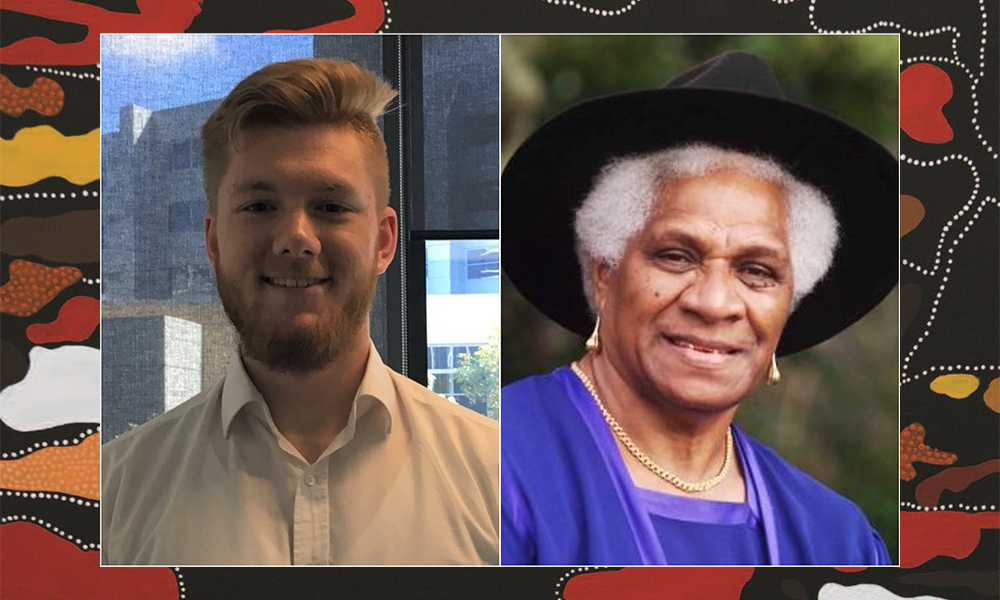
Author: Michael Corry (Left)
Inspirational figure: Dr Evelyn Scott (right)
Dr Evelyn Ruth Scott was an Indigenous Australian from the Warrgamay Mob. Born in 1935, in Ingham, Queensland, she was renowned for her life-long passion and devotion to the cause of Reconciliation through her work as an educator and social activist. Among the towering figures of Australia's Aboriginal and Islander communities, Dr Evelyn Scott AO, stood proud and tall.
She was one of the leading figures in the decade long campaign which changed the constitution, allowing for the Commonwealth to make laws for Indigenous people and to have Indigenous people included in official census data. The 1967 vote remains the most successful referendum in Australian history.
Dr Scott became the first general-secretary of the Indigenous-controlled Federal Council for the Advancement of Aboriginals and Torres Strait Islanders (FCAATSI) in 1973. This heralded a new era of Indigenous political activism and the push for Aboriginal and Torres Strait Islander self-determination.
She held close to her heart, the quote:
“Our struggle for Indigenous rights and equality is bound up inextricable with the rights of all Australians. Our freedom is your freedom. Reconciliation is not an isolated event but part of the fabric of this nation. Will you take our hand? Will you share our dream?”
Dr Scott set an example for all Indigenous Australians through her constant pursuit of justice, her nature as a Trailblazer, and her self-determination. Personally, I look up to her as a role model and as the ultimate example of doing what is right, even when it is difficult or strays from the norm. She lived by her father’s saying of “If you don't think something is right, then challenge it." This in particular resonated with me as it is a motto that can be applied to many different areas of life, and can allow one to pursue happiness and strive to help others that experience injustice.
I am extremely grateful to Dr Scott for her social work that enabled better conditions for my Indigenous ancestors as well as myself today, as she was a key role model in encouraging Reconciliation.
To find out more about Fujitsu's Indigenous Internship program, read our blog here.
For more inspirational stories of First Nations people, read Part 2 of the blog here.


